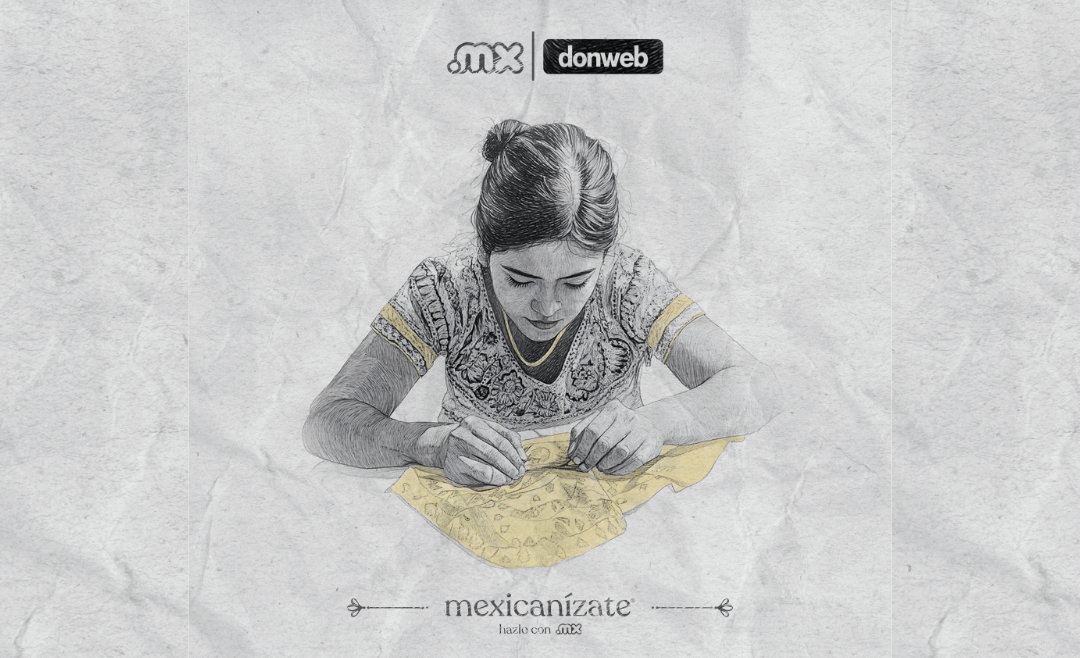To speak of Mexican artisans is to speak of stories, traditions and hearts that beat to the rhythm of their creativity. Each alebrije, piece of Talavera, or traditional embroidery is not only an object, but a living testimony of our cultural identity.
These masters of the handmade carry in their hands a legacy that has survived generations. They use ancestral techniques and authentic materials that, if it were not for them, could be lost intime. In a world dominated by the digital, their works remind us of the value of the human, the tactile and the unique.
Craftsmanship: the economic and cultural driver
What many do not know is that craftsmanship goes beyond aesthetic beauty; it also carries significant economic weight. This sector not only generates important income for the country, but also sustains thousands of families in rural and urban communities.
Craft fairs and traditional markets are a key point for cultural tourism. Who has not sought to take home a little piece of Mexico in the form of a carved figure, an embroidered garment or a piece of pottery? This exchange, more than a transaction, is a sign of appreciation and respect for those who keep our essence alive.
Economic and employment impact of handicrafts
Economically, crafts have a significant impact. According to recent data, the labor force of craft workers in Mexico reached 6.54 million people during the second quarter of 2024, with an average of 39.9 hours of work per week. The average age of these workers is 43.8 years old, and the gender distribution shows that 73.7% are men, while 26.3% are women.
The states with the highest number of artisan workers are the State of Mexico, with 893 thousand people; Jalisco, with 478 thousand; and Veracruz de Ignacio de la Llave, with 411 thousand. These figures reflect the importance of the handicraft sector not only as a source of income, but also as a livelihood for thousands of families in rural and urban communities.
The Gross Domestic Product (GDP) of Mexico’s cultural sector reported an amount of 820,963 million pesos, which represents a contribution of 2.7% to the total GDP of the economy. Of this percentage, the area of handicrafts stands out with a 19.1% share, consolidating its position as one of the country’s main cultural activities.
Challenges and opportunities in a globalized world
Being an artisan is not an easy task. Despite their talent and dedication, many face a lack of recognition, unfair competition from industrial products and the difficulty of accessing wider markets. However, the outlook is not all gray.
Donweb and MX Domains: Allies of Craftsmanship in the Digital Age
The balance between the ancestral and the modern has led to great initiatives that connect artisans with the future. In this path, Donweb joins as a strategic ally.
Since its founding in 2002 in Rosario, Argentina, Donweb has worked to make technology accessible and simplify processes. With more than 20 years of experience and being leaders in hosting and domain registration in Spanish-speaking countries, Donweb is committed to connecting artisans with the digital world, allowing them to sell and promote their creations effectively.
In collaboration with Dominios MX, we promote the preservation of our traditions while projecting them into the future. With tools such as custom domains, websites and security certificates, we seek to ensure that each artisan piece has a unique space on the web.
Artisans and their Connection to the Future
Supporting Mexican artisans is not only buying a product, it is preserving our culture and betting on the unique. It is to ensure that the stories that each piece tells reach more people, farther, and longer.
In a world where the fast and disposable dominates, the hands of Mexican artisans continue to weave memories, dreams and traditions. And now, with allies like Dominios MX and Donweb, those stories can transcend borders, demonstrating that authenticity and Mexican talent have a secure place in the future.

